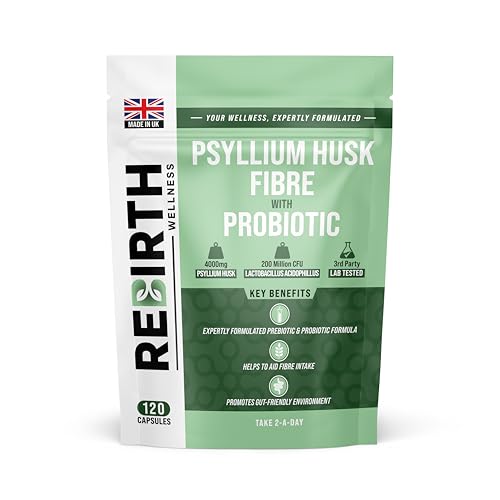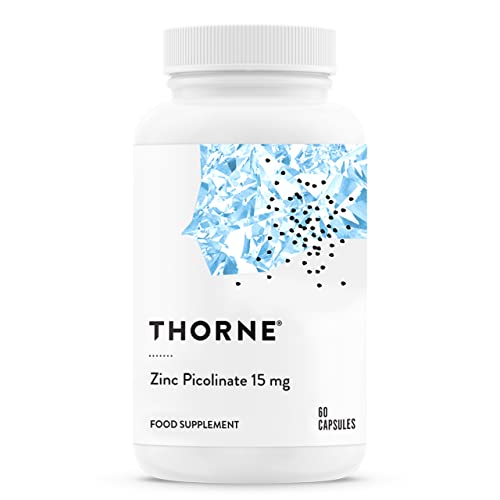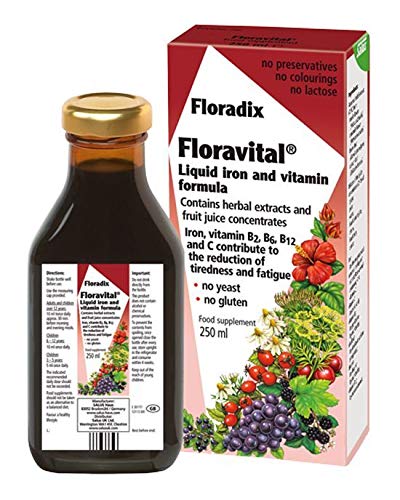Understanding Fiber: What It Is and Why It Matters
What is Fiber?
Fiber is a type of carbohydrate that our body cannot digest. Unlike other carbs that get broken down into sugar molecules, fiber passes through the digestive system relatively intact. This might sound unimportant, but fibre plays a crucial role in keeping our digestive system running smoothly.
The Role of Fiber in Our Health
Fiber is essential for digestive health. It helps regulate our body’s use of sugars, keeping hunger and blood sugar in check. Many studies also suggest that a high-fibre diet can lower the risk of chronic diseases like type 2 diabetes and heart disease, making it a vital component for overall well-being.
Types of Fiber: Soluble vs. Insoluble and Their Benefits
Understanding Soluble Fiber
Soluble fiber dissolves in water to form a gel-like substance. It can help lower blood glucose levels and cholesterol. Foods rich in soluble fiber, such as oats, beans, lentils, and some fruits, work like sponges in your digestive system, absorbing harmful substances and aiding in their removal.
The Importance of Insoluble Fiber
In contrast, insoluble fiber does not dissolve in water. It adds bulk to our stool and helps food pass through the stomach and intestines more easily. Whole grains, nuts, and vegetables like carrots and celery provide this type of fiber, promoting a healthy digestive tract and preventing constipation.
How to Incorporate More Fiber into Your Diet Easily
Start with Breakfast
An easy way to boost your fiber intake is to swap out your usual breakfast choices for high-fibre options. Choosing oatmeal or whole-grain toast instead of sugary cereals can significantly increase your daily intake.
Snack Smart
Snacking can be a great opportunity to add fiber to your diet. Opt for fruits like apples or pears with the skin on, which are rich in fiber, or munch on raw vegetables with hummus. Instead of crisps, try air-popped popcorn; it’s a whole grain and a delicious, crunchy fibre source.
Think Whole Grains
Whenever possible, opt for whole grain versions of bread, pasta, and rice. Whole grains retain all parts of the grain, which means they are far richer in fiber than their refined counterparts. This simple swap can have a substantial impact on your daily fibre intake.
Top Fiber-Rich Foods: Making Informed Choices
Variety is Key
When it comes to fibre-rich foods, variety is essential. Incorporating a range of foods ensures you benefit from the different types of fiber. Aim to fill your plate with fruits, vegetables, legumes, and whole grains.
Focus on Legumes and Nuts
Legumes, such as beans, lentils, and chickpeas, are incredibly efficient sources of fiber. Similarly, nuts and seeds like almonds and chia seeds can easily be added to smoothies, yogurt, or salads for that nutrition boost.
Fruits and Vegetables to Choose From
Many fruits and vegetables are not just delicious but are also excellent sources of fiber. Berries, pears, and bananas are great options for fruits, while broccoli, carrots, and sweet potatoes are fantastic choices for vegetables. Whenever possible, consume fruits and vegetables with their skin, as it often contains substantial amounts of fibre.
Fiber Supplements: Do We Really Need Them?
Assessing Your Diet
Before considering fibre supplements, evaluate your diet. If you’re eating a diverse range of fruits, vegetables, whole grains, and legumes, you are likely getting ample fibre from your food.
When to Consider Supplements
However, if you’re struggling to meet your fibre goals, supplements can be a helpful addition. They come in various forms, such as powders or capsules, and can complement your diet if needed. Remember to drink plenty of water when taking fibre supplements to avoid digestive issues.
Consulting a Healthcare Professional
If you’re unsure about how much fibre you need or whether supplements are right for you, it’s wise to consult a healthcare professional. They can provide tailored advice based on your individual health needs and dietary restrictions.




















